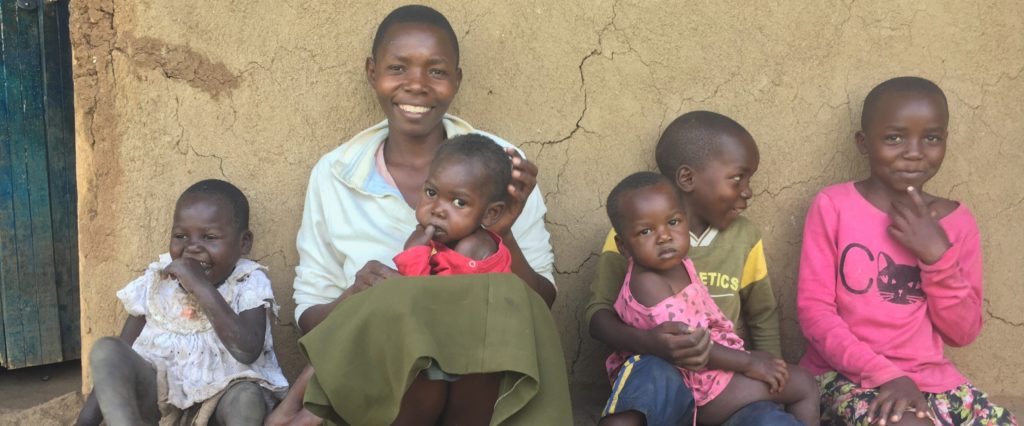

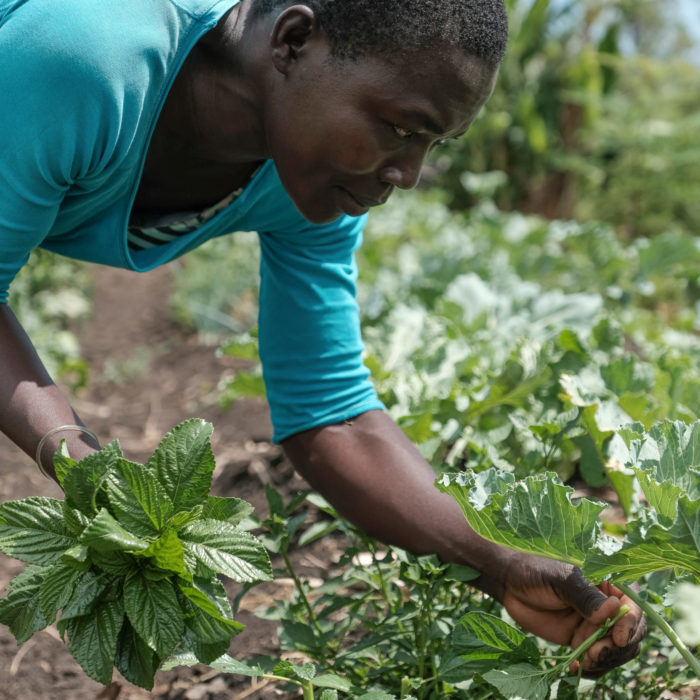
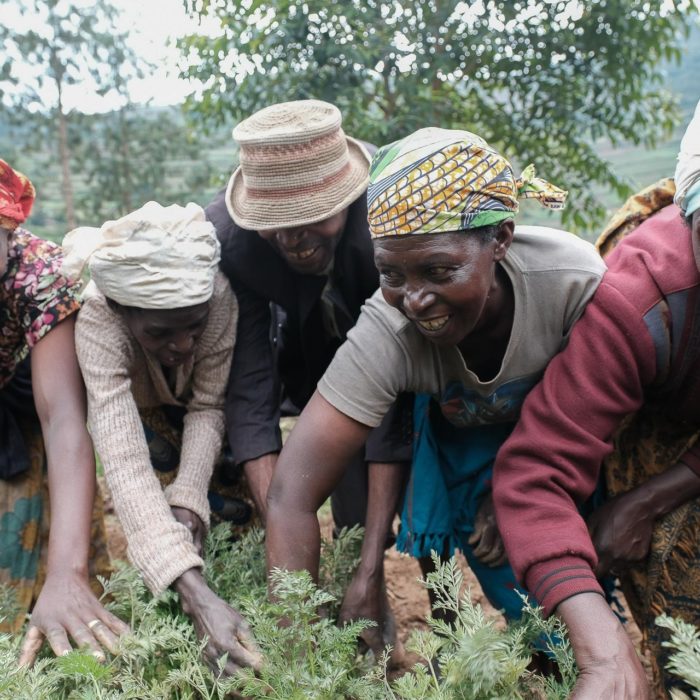
For those living on the fringes, the barriers to good nutrition and meaningful livelihoods are both broad and nuanced. DIG’s adaptive program prioritizes uniquely vulnerable groups who are often left out of other development opportunities.
Communities we prioritize are:
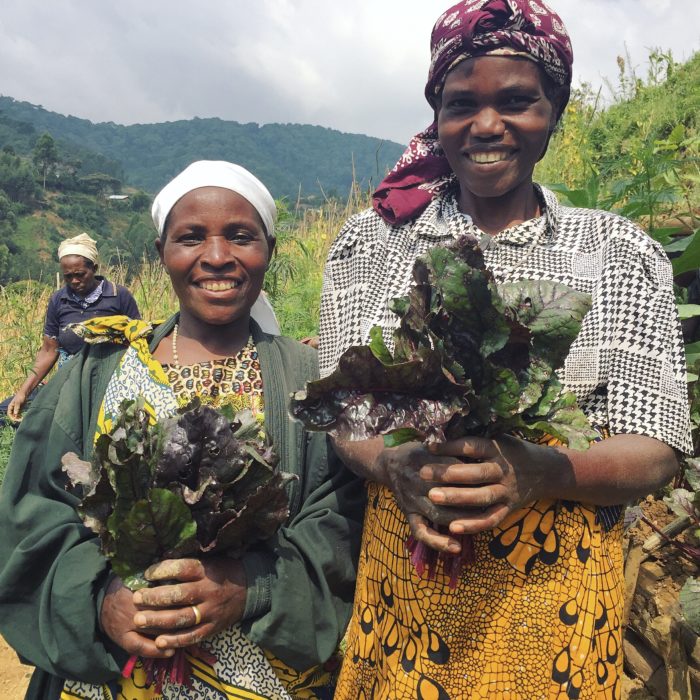
By choosing to work with these uniquely marginalized groups, DIG is filling a gap unmet by many other organizations. Our program moves people above a nutritional and economic threshold they couldn’t reach on their own, giving them better access to additional services and markets after graduating.
While many peer organizations focus on agriculture or targeting the poor, women, or small holder farmers, there are few, if any, who continually embrace the complicated challenges of these uniquely marginalized individuals who are often broadly dispersed among their broader communities.
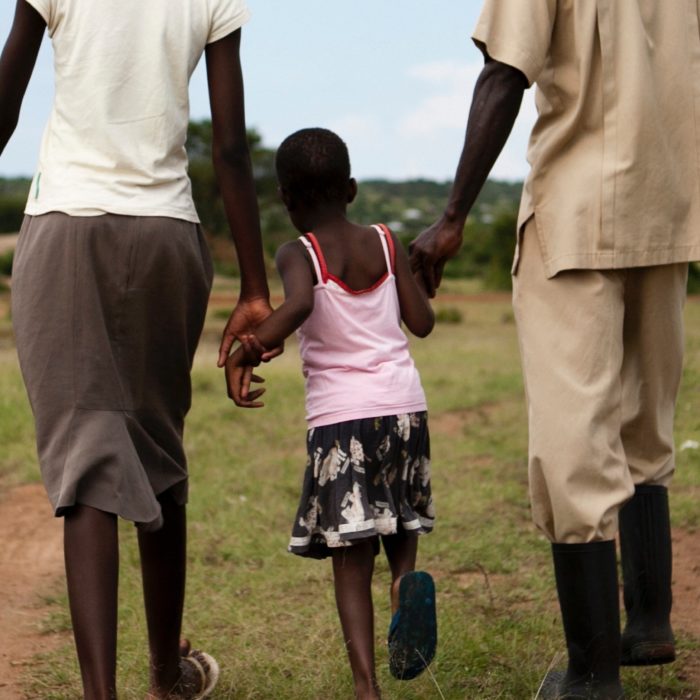
Trust and relationship-building are key to DIG’s success. Directed by local leadership, DIG meets communities where they are. There are no prerequisites or conditions for participation, and program graduates go on to access additional knowledge, services, or opportunities from next level organizations they couldn’t access before.
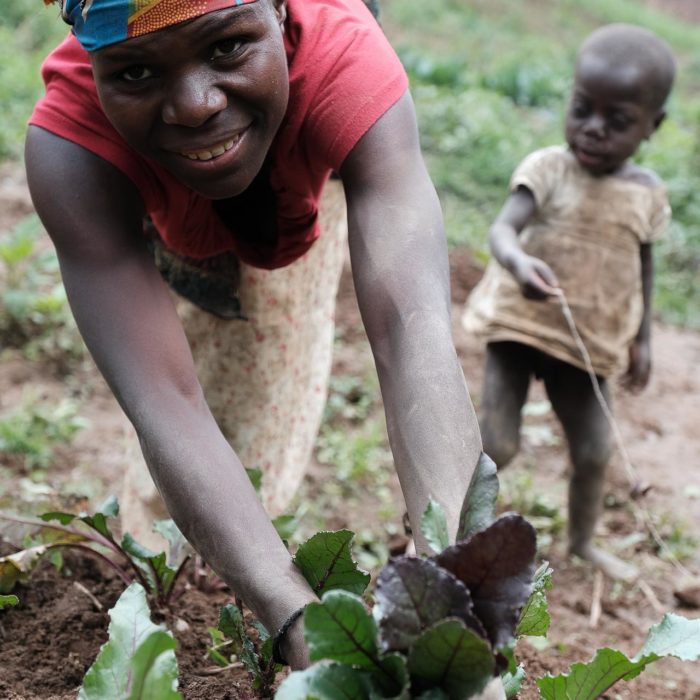
Working in agriculture in the face of climate change means DIG must continuously adjust our program to effectively address changing needs.
To effectively address the multi-disciplinary issues, we partner with other local and global organizations and elevate the communities’ voices always to promote local ownership of the program itself.
Enabling household food security creates a pathway to improved nutrition, financial empowerment and climate resilience, all of which are critical building blocks for a better world for all.
The work DIG is doing is just one piece of a much larger puzzle, yet so much of that larger puzzle is rooted in food.